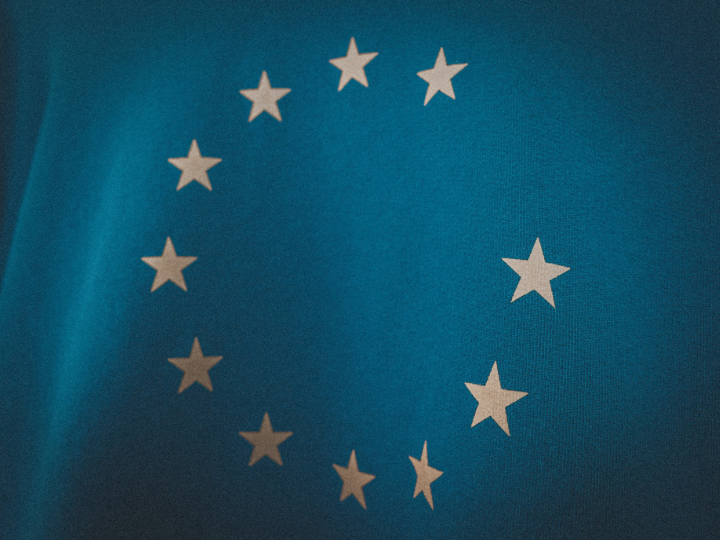by Giles Merritt*
This is the reassuring message from Brussels and the national capitals. But at risk of sounding overly sceptical, we Europeans have been here before and it didn’t work out.
It is almost 30 years since the last collaborative defence initiative fizzled out so disastrously that Europe’s military clout is today weaker than ever. The Anglo-French Saint-Malo agreement of 1998 promised to equip the EU with ‘hard power’ to match its softer influence, but was a mirage.
The new century’s defence drive aimed at EU-wide weapons procurement through the European Defence Agency, but this proved largely toothless. It also initiated multi-national ‘battlegroups’ – more a paper army than a deployable force.
Has there been sufficient change of late to inspire confidence that Europe’s divisions and rivalries will be overcome? Vladimir Putin and Donald Trump have between them driven home to Europe that its security can only be collective, but there’s still no credible defence blueprint.
Europe’s governments are budgeting to spend hundreds of billions yearly on defence, yet haven’t spelled out what is being defended, against whom, how and with what weapons and resources. At a strategic level, there’s an urgent need for a European security doctrine setting out goals and red lines (discussed in my most recent Frankly Speaking article) matched by a defence capabilities plan.
Europe’s ‘coalition of the willing’ may at some point have to put peacekeeping ‘boots on the ground’ in Ukraine, but its weaknesses are daunting. The UK and France wrangle over their soldiers’ rules of engagement – should these deter Russian assaults or respond to them? As to capability shortcomings, the Europeans would have to rely on the US for intelligence, for many weapons systems and logistical support.
The question marks over a ‘trip wire’ force in Ukraine point to the key elements of a defence and rearmament plan that Europeans have yet to agree upon. The extent to which drones and AI must displace conventional weapons, the complex process of disengaging from US controls and equitable sharing of joint weapons projects are areas where many European governments are still at odds.
More positively, it should be said that Europe’s defence commitments are not as weak and underfunded as critics maintain. NATO’s European members spend proportionately as much on security as the United States and have compensated for their reliance on US force projection through massive purchases of American weaponry.
*Founder of Friends of Europe
**first published in friendsofeurope.org




 By: N. Peter Kramer
By: N. Peter Kramer
